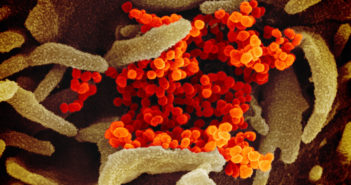
This Pandemic is About Animals
This pandemic is a pivotal event for almost everyone on the planet. There’s a lot that we still don’t know, but there can be no doubt that this pandemic is a consequence of our treatment of animals.

This pandemic is a pivotal event for almost everyone on the planet. There’s a lot that we still don’t know, but there can be no doubt that this pandemic is a consequence of our treatment of animals.
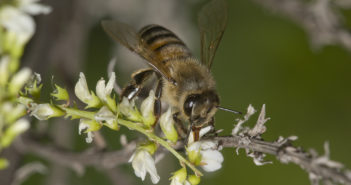
There have been unprecedented declines in pollinator populations in recent years, largely due to pesticide use and habitat loss. Here’s what you can do to help.

Jaanaan was found by Vafa Animal Shelter in Iran close to death with a shoelace embedded in her neck. Thanks to the hard work of many people, now she has a loving forever home in Canada.

Despite a scientific consensus pointing to China’s wildlife trade as the most likely cause of the coronavirus pandemic, the country’s government is currently touting a treatment containing bile from captive bears.
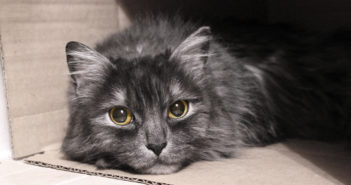
Animals may suffer during this trying time too, especially if their humans get sick and can no longer care for them. Here are some resources to help.
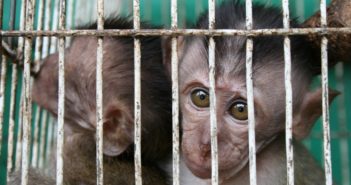
People from all corners of the world have had their eyes opened to the health risks and animal welfare concerns of the animal trade, and the world is watching to see what the outcome will be.
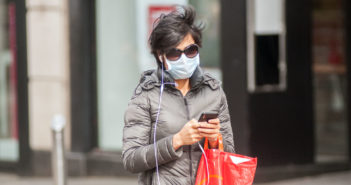
75% of emerging human infectious diseases come from animals. If we want to prevent these diseases we have to face the truth: the real culprit is how we choose to relate with and treat animals.
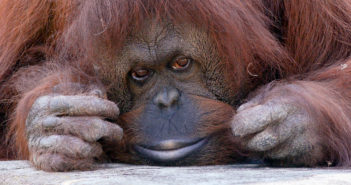
Here’s why you should visit an animal sanctuary or watch a nature documentary before you ever give your money to a zoo or safari park.
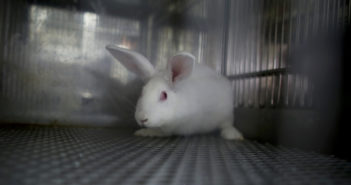
For the sake of new lipstick shades, skin creams, or shampoo formulas, animals endure torturous tests and suffer in silence in laboratories.
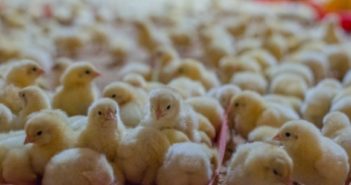
New research reveals poor animal welfare practices in many countries worldwide, which provide the perfect breeding ground for viruses to mutate and spread.
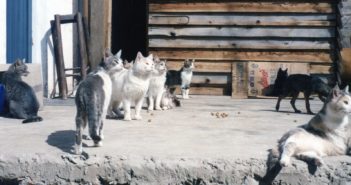
In North America, Australia and New Zealand, suspicion and outright hostility continue to plague the debate over what to do about outdoor stray and feral cats.
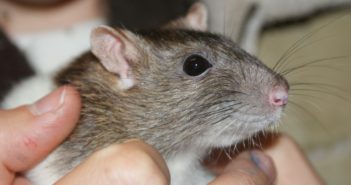
As part of research partly funded by the UK’s Ministry of Defence, rats were shot in the eyes and then killed, all without any form of pain relief.